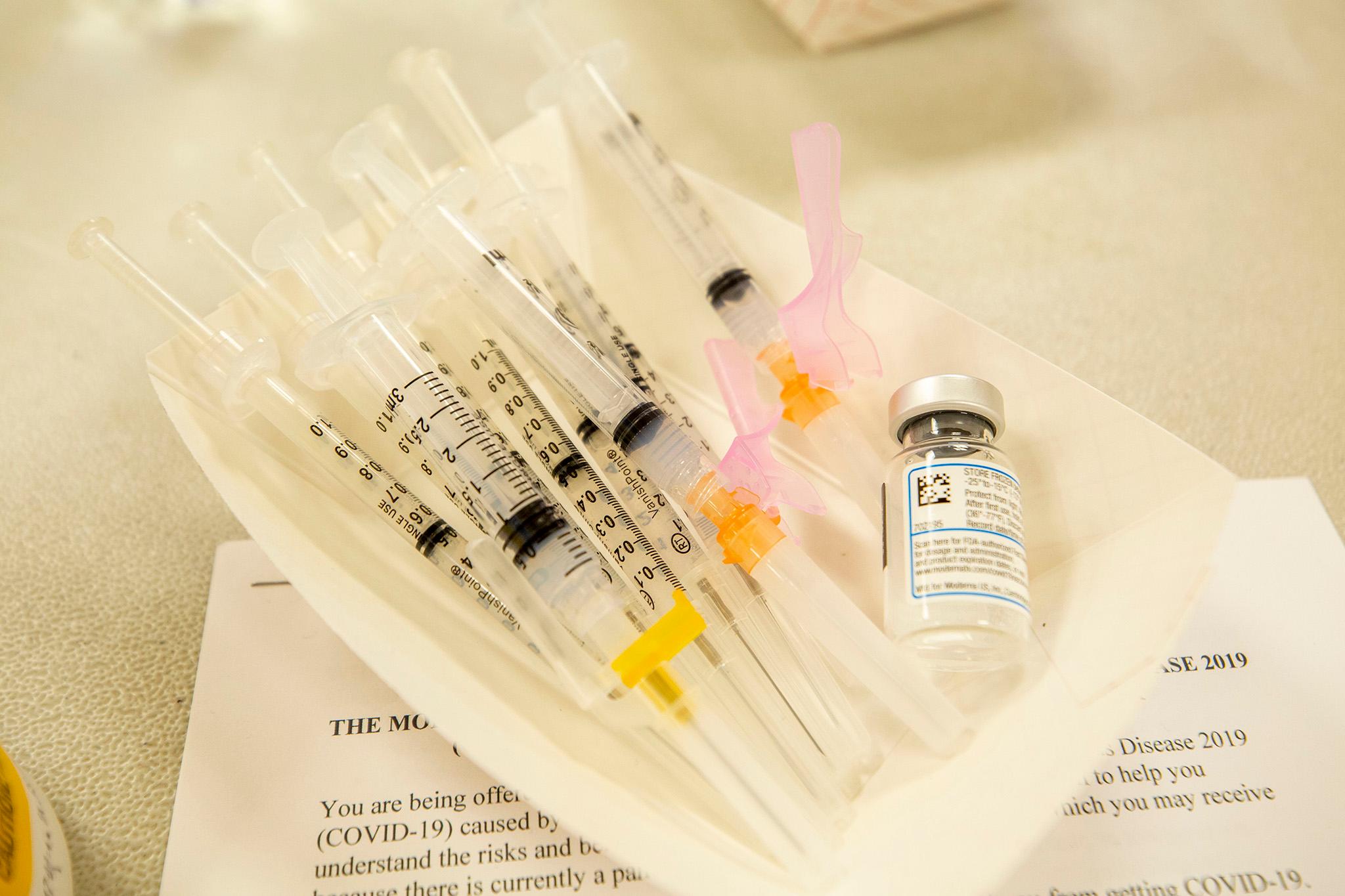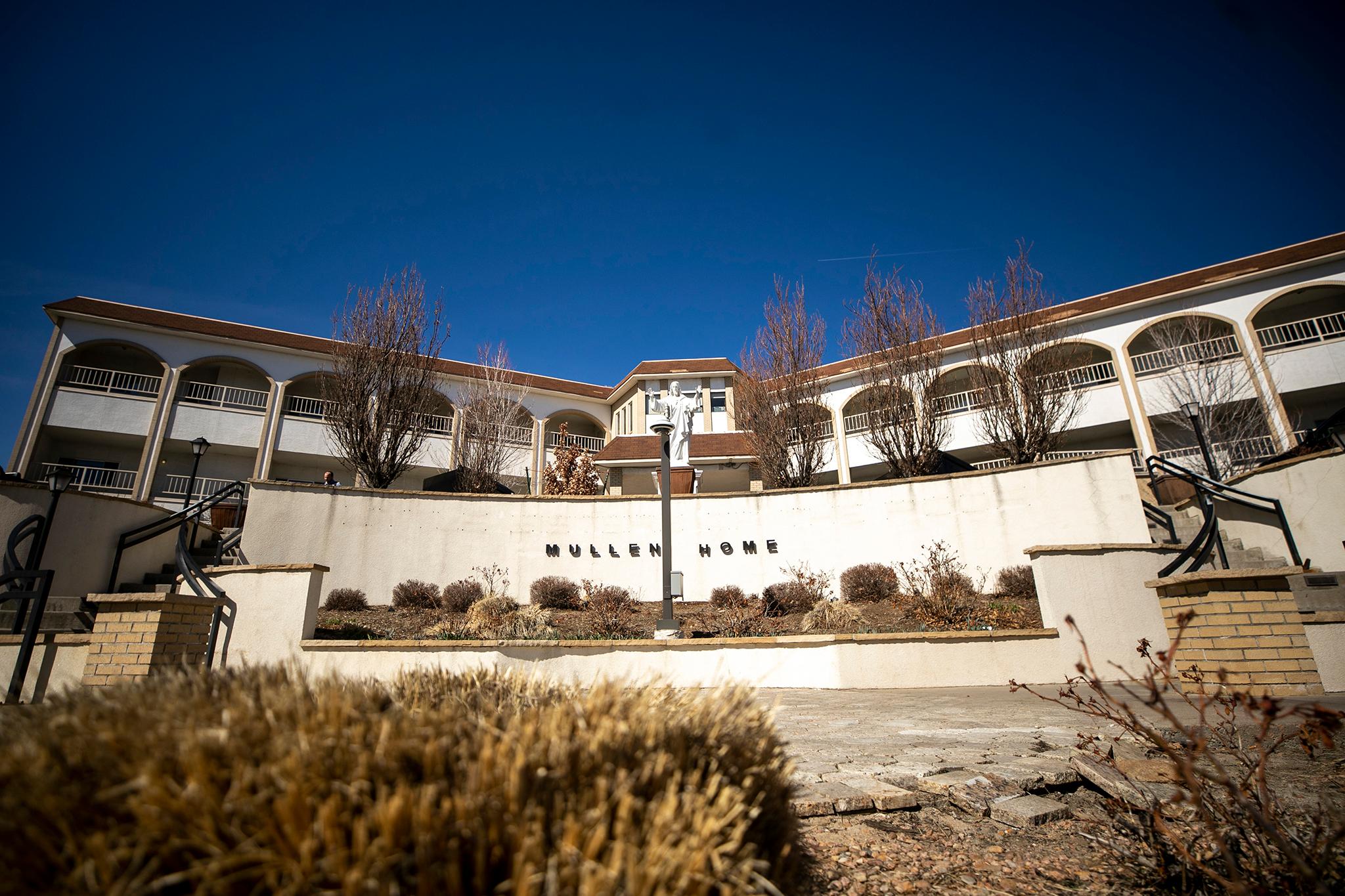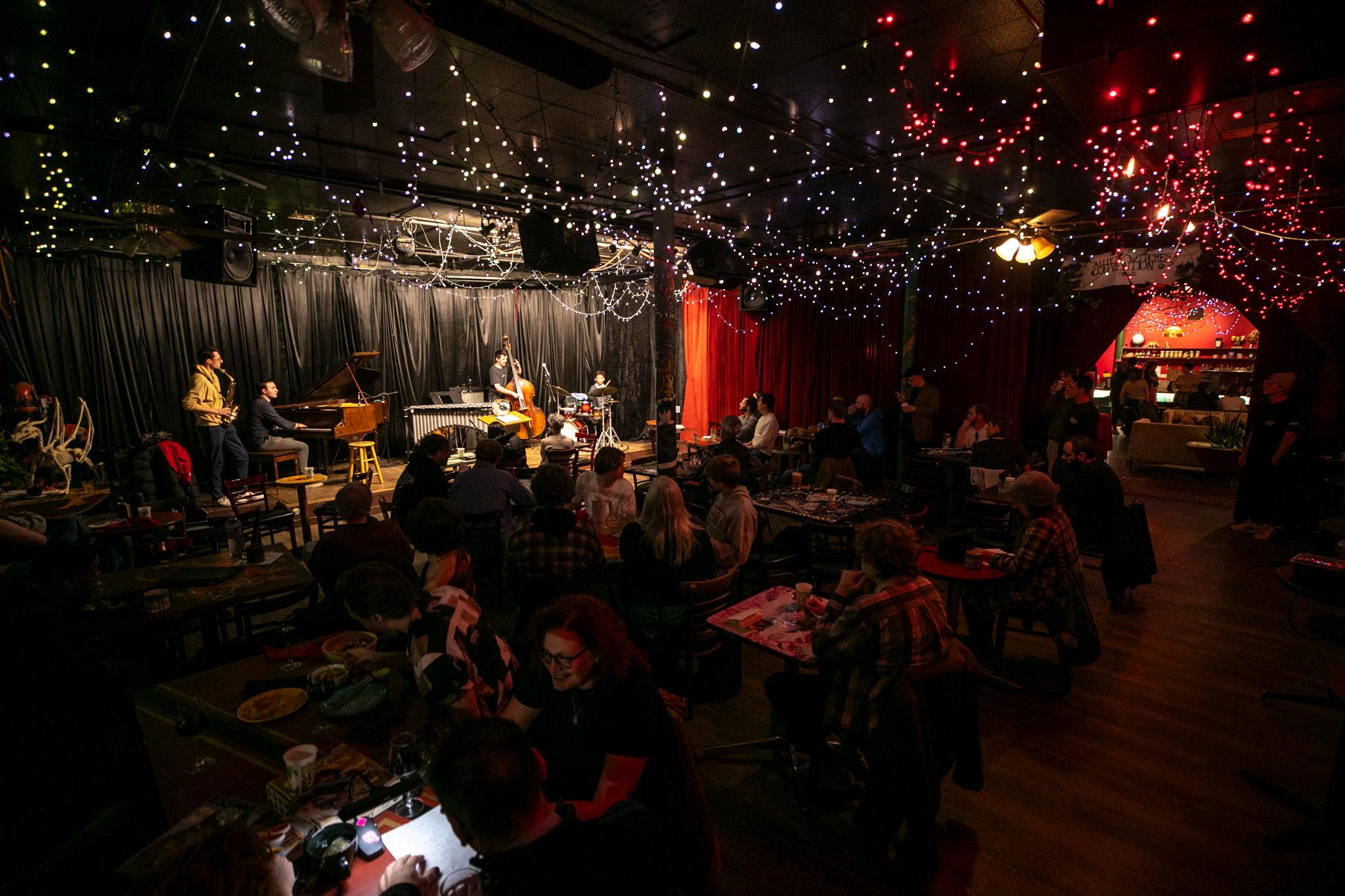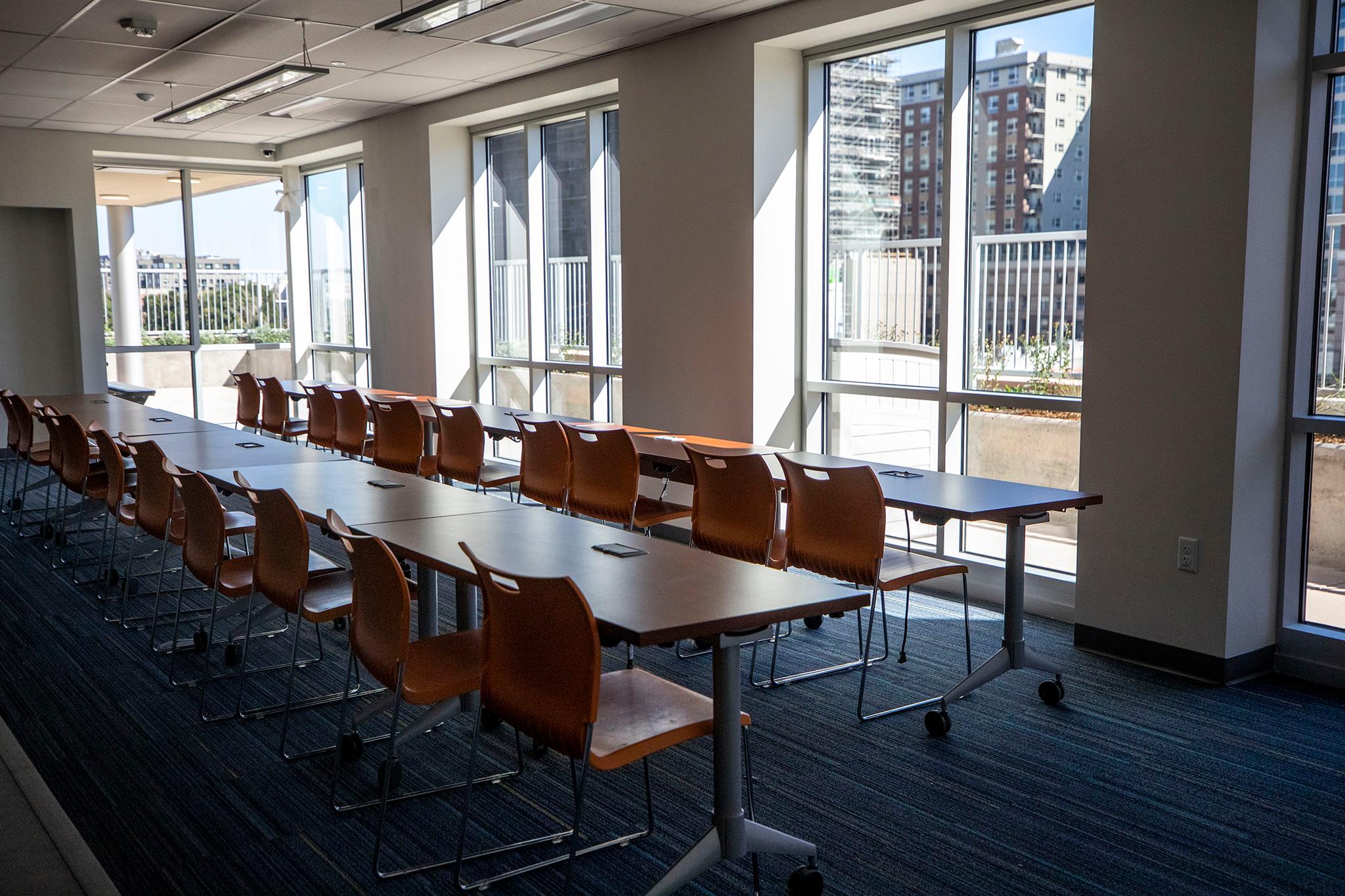Mayor Michael Hancock on Monday ordered city employees and certain "high-risk" workers in the private sector to get vaccinated against COVID-19 by Sept. 30.
The public health order applies to educators in public and private schools, first responders like police officers, and people who work in hospitals, nursing homes, and other medical settings. Employees of homeless shelters, day cares and jails are also subject to the order, which lists requirements in detail.
Hancock framed the strategy as a way to protect Denver's progress on public health and the local economy since COVID-19 began infecting and killing people in 2020.
"No one wants to relive the horrors of last year," Hancock said. "No one wants to see another stay-at-home order to stop a crisis that threatens to overwhelm our hospitals."
The public health order puts the onus on employers to ensure their employees "provide vaccination status" and document it. Anyone who does not provide their status will be treated as unvaccinated, the order states.
Enforcement in the private sector will be reactive -- based on complaints, said City Attorney Kristin Bronson.
"We are asking that employers be responsible for compliance within their own operations, and so we will expect employers to make sure that their employees are complying and maintaining records to demonstrate compliance," Bronson said. "Obviously if we get a complaint and we approach an employer about whether or not they are in violation of the order, we want to work with that employer. Our goal is compliance."
According to the municipal code, the public health department can shut down businesses and fine them up to $999 for failing to comply with the new rules, but Hancock stressed that the administration would work with employers. People with faith-based or medical reasons to forgo the vaccine can be accommodated.
In the public sector, the city government will embark on an education campaign over the next two months to encourage vaccinations among its employees, Hancock said. He said his administration will try to work with employees who don't want the vaccine but would put his foot down if necessary.
"This would not be an order if you didn't have the consequences and be willing to follow through with them," Hancock said. "And, you know, there might be some folks who may lose their jobs ... and we recognize that."
Hancock downplayed masks, which were once a focal point of his administration's coronavirus response, and called the vaccine a "silver bullet." He said things like masks and stay-at-home orders "were no substitute" for vaccinations.
Denver's public health director, Bob McDonald, came out against mandating masks indoors, which the Centers for Disease Control recommends for both vaccinated and unvaccinated people as the delta variant spreads throughout the U.S.
McDonald said the city has tried masks, testing regimens, stay-at-home orders and capacity limits at businesses and events but it hasn't been enough.
"We've tried all of those things and after all of that, here we are," McDonald said. "We have a virus that has mutated to a point where those things are becoming decreasingly effective."
"We are not going to mask our way out of this," McDonald added. "We are not going to test our way out of this."
COVID-19 cases fell in the city after Hancock mandated masks last year, according to Denver Health data, though other restrictions existed as well. Masks help stop the spread of the virus, according to various studies.
On June 20, the city hit a low of 15.4 cases per 100,000 people, according to the city government.
Cases have more than tripled since then to 71.2 -- a faster rise in cases than this time last year, McDonald said.
Just short of 70 percent of eligible Denver residents are now fully immunized against COVID-19. Only residents 12 and older are currently able to receive vaccine. But only 45 percent of Denver's Latino population has received even one dose of vaccine. The youngest residents, those 12 to 17, also lag behind other age groups in getting vaccinated.
As cases of the delta variant escalate, Denver and its suburbs are considered to be at "substantial risk" of spreading the coronavirus, according to the Centers for Disease Control. Local public health officials say vaccine requirements are key to defend against a fall uptick in delta cases.
"This mandate is necessary, especially as we enter the fall and winter months, to help control the spread of this virus and emergence of further variants and ultimately limit the loss of lives," said Connie Price, chief medical officer for the Denver Health and Hospital Authority.













